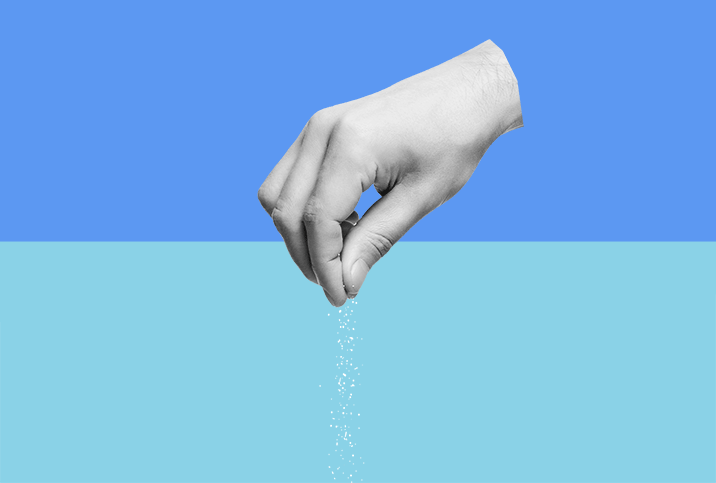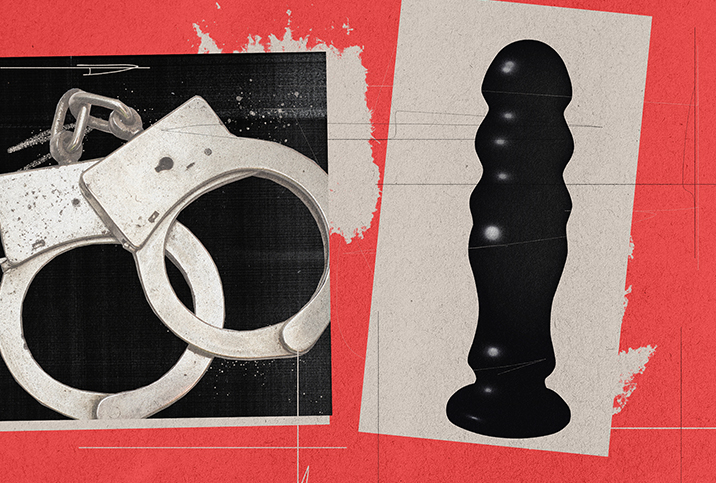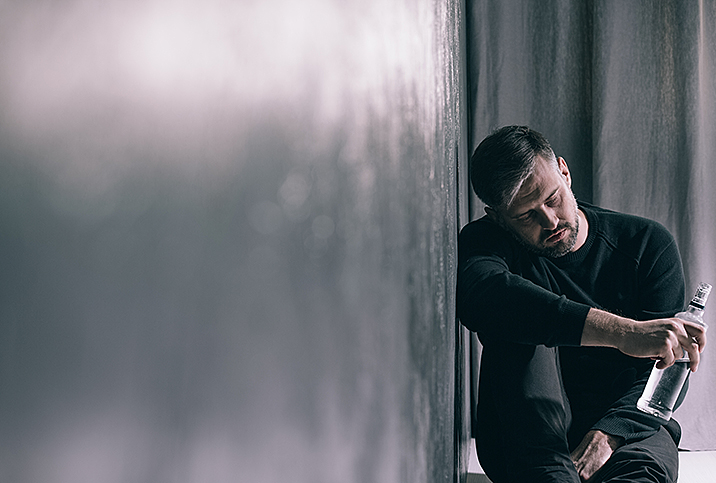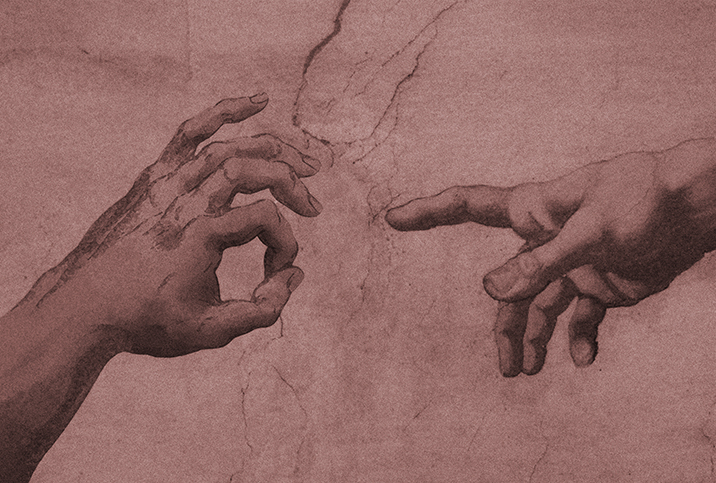Coping With a Loved One's Addiction
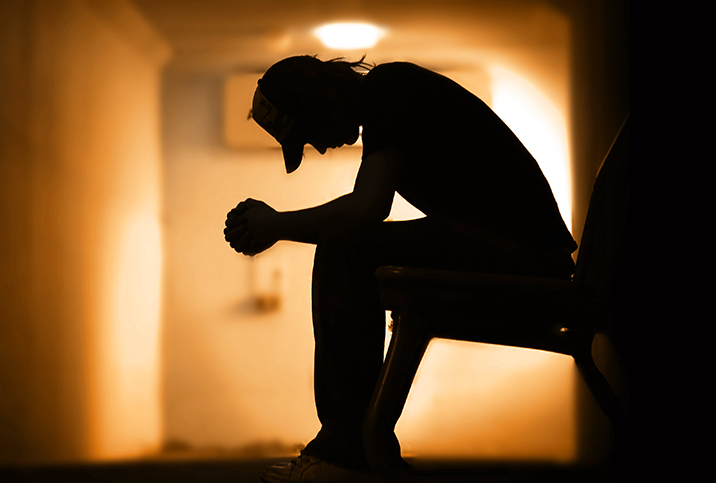
As children, we're taught to help people in need, and when someone is struggling with addiction, we know they need help. Unfortunately, the path to recovery is one a person must walk alone. No matter how hard our loved ones struggle, we cannot keep them sober, force them to attend meetings or work the steps for them. The best thing we can do for a loved one with addiction is learn to cope.
Helping your loved one find help
Loved ones battling addiction can often leave a trail of emotional damage in their wake that can impact everyone they encounter.
Oftentimes, these individuals become so consumed with their addiction, they fail to seek help even if they want to. The most difficult part of this situation is when people who are battling addiction see the damage they are causing but feel helpless to stop it.
When this happens, it's time to get help. With early intervention, inpatient rehabilitation may not be necessary. Groups like Alcoholics Anonymous and Smart Recovery can help those in recovery find resources and forge their own path forward. For others, it can take "hitting the bottom" to show the necessity of getting past their addiction. This can often mean working through an inpatient rehabilitation program, which can be a greater financial, emotional and practical burden.
No matter the treatment, remember your loved one is trying to get better, but battling the impulses of the body and mind is one of the most difficult obstacles to overcome.
Coping with family addiction
When coping with an addiction in your family, it can be difficult to know where to turn. This is especially hard when the person struggling with addiction is part of your own support system. For children with parents who are struggling with addiction, the road to recovery can be particularly lonely—those they count on the most simply cannot offer support.
It's important during the recovery that family members of the person in recovery stay focused on their own well-being. Instead of focusing on your family member's recovery, take steps to practice self-care and create a stable home life for after rehabilitation.
Coming home after rehabilitation can be a struggle, as addiction is often entrenched in deception, codependency, enabling and resentment. The hardest part of recovery can often be welcoming the family member back into the home, because so much damage has been done.
Seeking the help of a licensed counselor can help you to cope with your emotions, so you can process and heal from them without letting them cloud your relationship with others. Importantly, this counselor can teach you strategies to rebuild your life with your loved one and help you understand the past behaviors that hurt you and your family were caused by addiction, not malice or lack of love.
Your role in recovery
Your role in addiction recovery is to be there for your loved one. However, there is a fine line between supporting and enabling. Sometimes being there for your loved one means drawing a line in the sand and presenting an ultimatum, because your mental and physical health are just as important as theirs.
Your loved one will likely struggle to live without the help of substances, but showing up for them can help rebuild the family unit so you can move forward together. The road to recovery is long and may take detours through relapse. Ultimately, you are not responsible for your loved one's addiction. If your loved one relapses, it is only because they are struggling. You did not cause it, and it is not your responsibility to follow them around and make sure they don't have a misstep. Your responsibility is to help your loved one find effective treatment.







